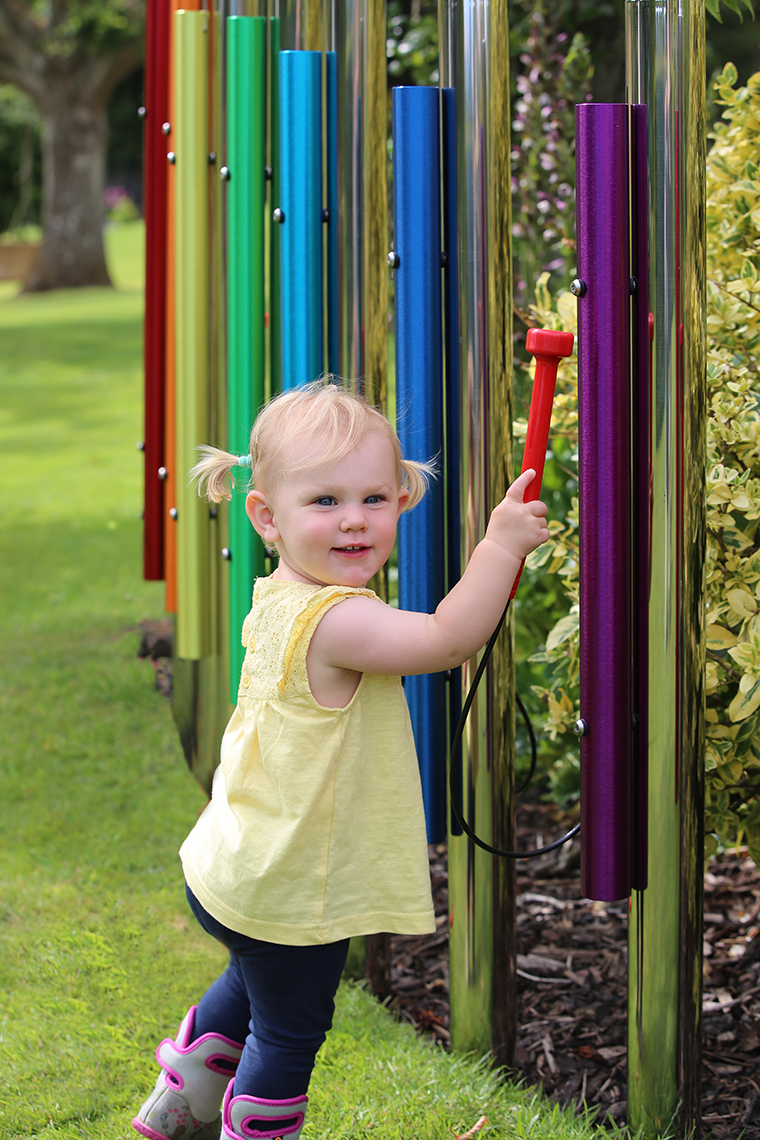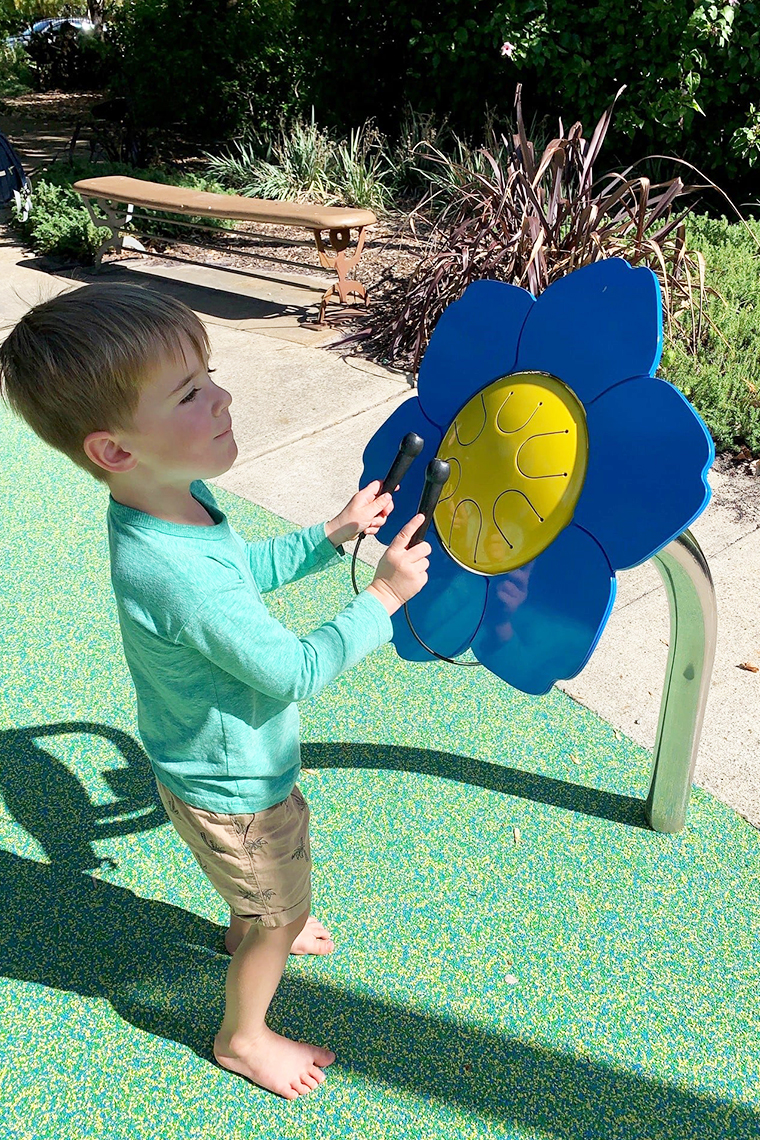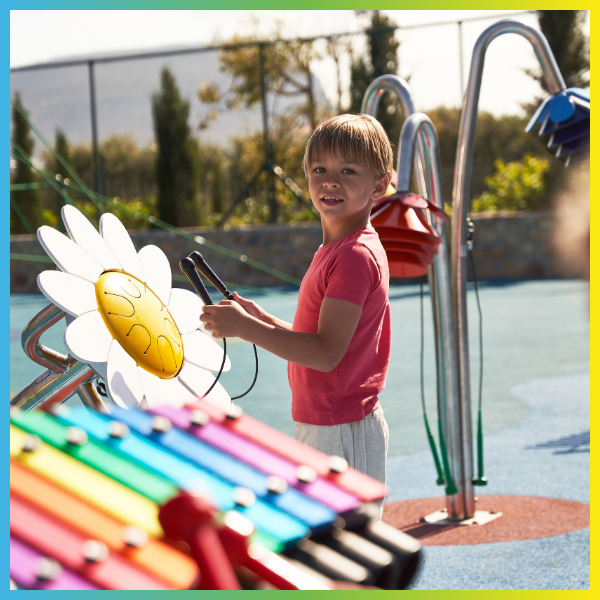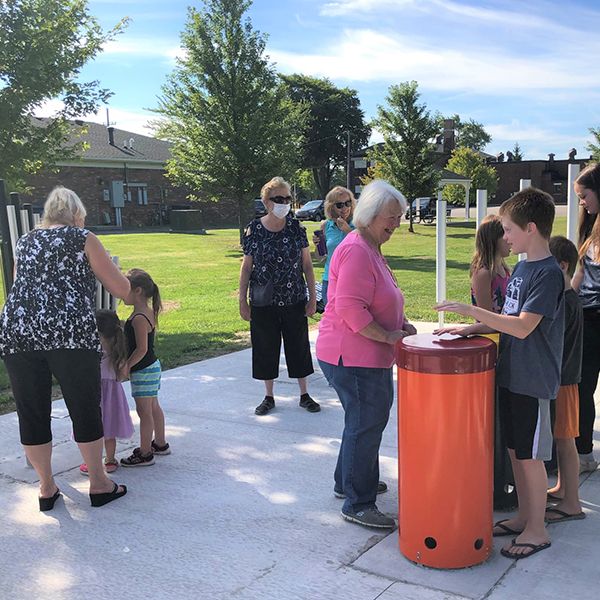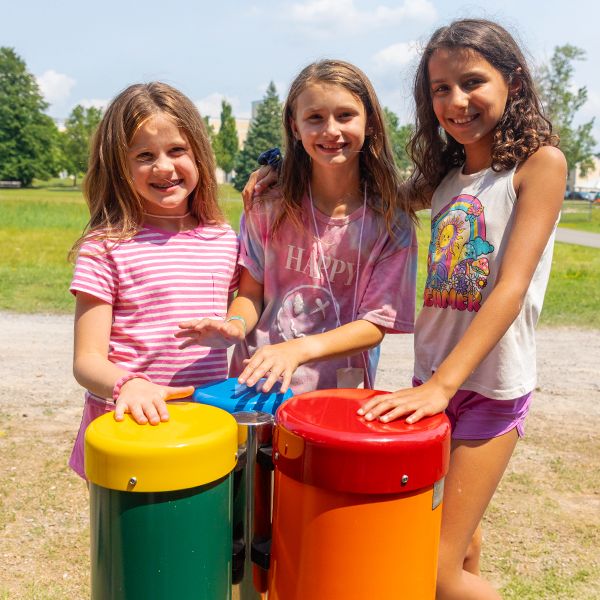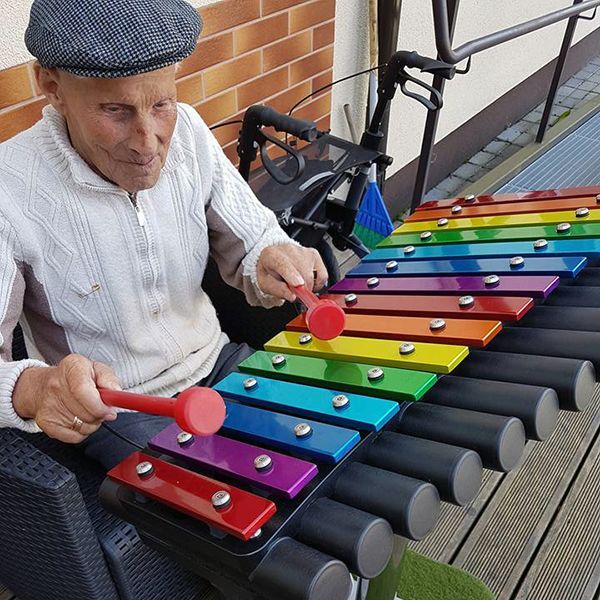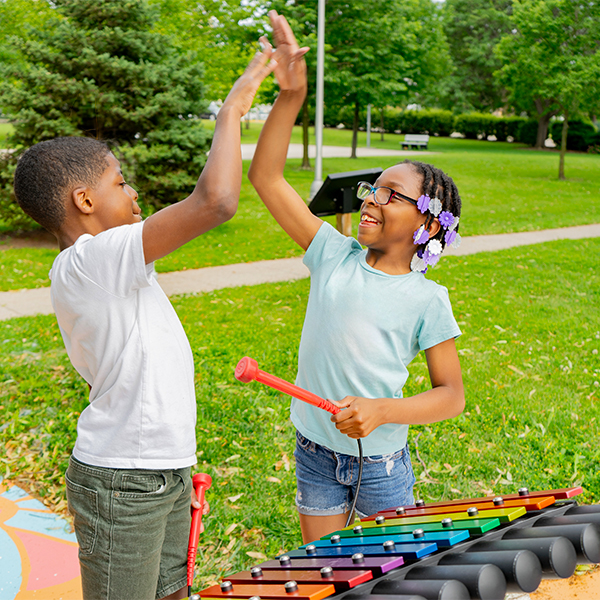
Harmony of the Heart: How Music Unlocks Emotion and Expression
The Power of Music in Early Childhood Emotional Development
Music can be a great tool for young children to express themselves and their emotions. Children often struggle to articulate their feelings because they may not have the vocabulary to describe how they feel. Instead, they may resort to crying, throwing tantrums, or having meltdowns.
Teaching children about basic emotions such as happiness, anger, sadness, and fear from as early as two years old can help them understand and express their emotions better. As children grow older, they can learn to identify and express more complex emotions like frustration, nervousness, and shyness.
Music and Play: Tools for Emotional Intelligence
Music and play are powerful tools for children to learn about feelings, explore them, and practice how to express and manage them. However, music is not only beneficial for children but also for people of all ages. It is a highly effective way to express ourselves and cope with challenging circumstances in life.
When we engage in music, we bypass social conditioning and conscious thought and directly connect with our emotions. We become mindful and present in the moment when we participate in creative activities like music-making. This presence enables us to recognize our emotions and express them.
Sometimes, it is difficult to articulate emotions verbally, and we struggle to find the right words to express ourselves. In such cases, music can provide a more subtle and effective form of expression.
